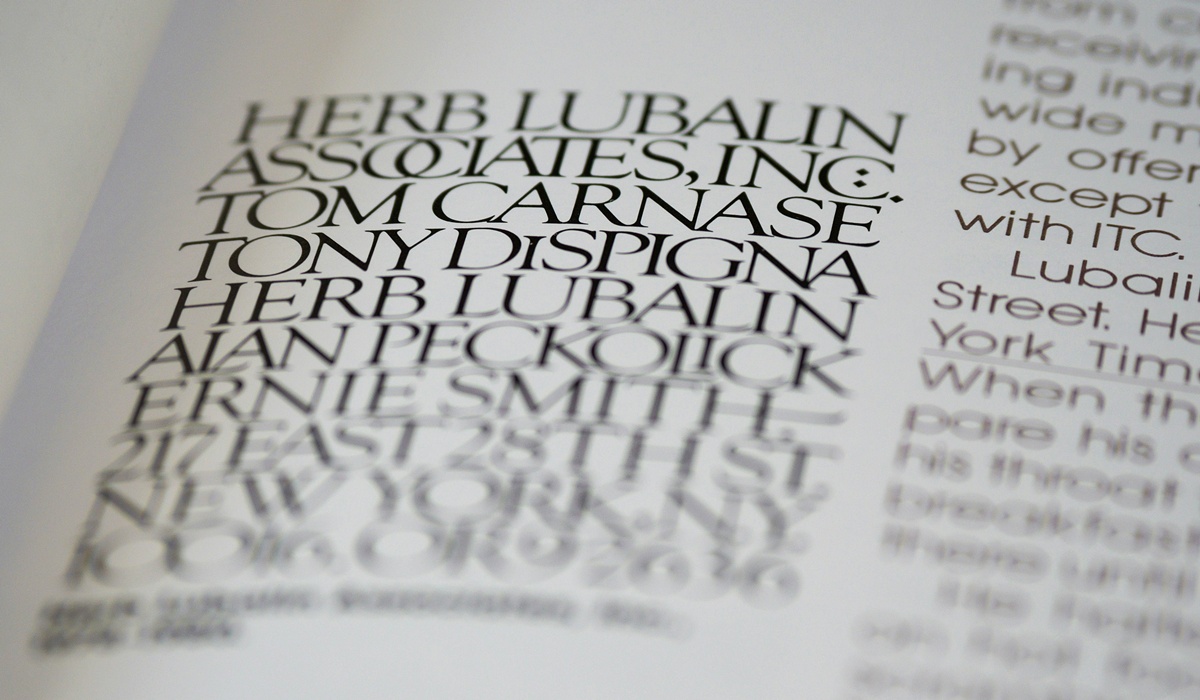In a basement beneath a Tokyo office building, behind an unmarked door, Jiro Ono has spent more than half a century doing the same thing every day. He arrives early, checks the rice, inspects the fish, and begins his quiet, deliberate work. Sukiyabashi Jiro, his ten-seat sushi counter, once held three Michelin stars. But for Jiro, accolades have never been the point.
Now in his late nineties, Jiro still rises each morning with the same clarity of purpose. He massages octopus for exactly forty minutes to improve its texture—a detail honed over decades of trial and adjustment. He arranges knives with precision and crafts nigiri with movements so practiced they appear effortless. The menu doesn’t change. The seating is fixed. Reservations, once possible only months in advance, were closed to the general public years ago. Such exclusivity even led the restaurant to lose the Michelin stars. And yet, this didn't stop Jiro from pursuing the perfect piece of sushi.
A life built on repetition
Jiro Ono is a man who has built an entire life around repetition. What looks like sameness to others is, for him, a landscape of infinite nuance. In a world driven by disruption and scale, he stands for something older and far more rare: the quiet pursuit of mastery through ritual.
He began apprenticing at age seven. By his twenties, he was already known for an exacting temperament. But it wasn’t until later in life—well after most people retire—that his discipline became legend. In Jiro Dreams of Sushi, the 2011 documentary that brought his story to the West, we see him at work as a kind of monk, rather than a celebrity chef. The kitchen is silent, the gestures minimal. Above all, there is the unrelenting attention to detail—an attention that borders on obsession.
"Once you decide on your occupation, you must immerse yourself in your work. You have to fall in love with your work. Never complain about your job. You must dedicate your life to mastering your skill. That’s the secret of success and is the key to being regarded honorably." - Jiro Ono
The moral code of a craftsman
Jiro’s work embodies the Japanese concept of shokunin: the craftsman who serves society by constantly refining its skill. A shokunin does not create for applause. He creates out of duty. The role demands patience, humility, and a willingness to do the same task hundreds, even thousands of times, without visible reward.
In Jiro’s kitchen, apprentices spend years doing nothing but preparing rice, wringing towels, and observing in silence. One famously failed to meet the standard for cooking the sweet egg custard—tamago—over two hundred times before finally being permitted to serve it.
What Jiro understands, and what most modern systems overlook, is that refinement comes not from speed or creativity, but from care. The meal lasts thirty minutes. The training may take ten years, but in that time, precision is honed to the highest degree.
Jiro’s food is simple: rice, fish, seaweed. The materials are humble, yet the execution is exact. He sources his ingredients from the same vendors he’s used for decades. His rice dealer sells to no one else. His tuna vendor knows his preferences by season and by sea. The result is a cuisine stripped of extravagance and ego.
There is a kind of moral weight to his work. In every choice—using just the right pressure to shape the rice, selecting precisely aged vinegar, rejecting automation—Jiro affirms a philosophy: that excellence is worth the time it takes. The pursuit of quality is itself a form of character. The meaning can be built not by chasing more, but by committing more deeply to less.
Freedom within form
Jiro does not speak of inspiration but of habit. “I do the same thing over and over, improving bit by bit. There is always a yearning to achieve more,” he says. In Western culture, such a statement might sound like resignation. But for Jiro, repetition is freedom. By eliminating distraction, by submitting to a structure, he creates space to notice the smallest changes: the smell of a fish, the temperature of a room, the resistance of rice to hand. Within the fixed form, he finds endless variation.
Today, we reward speed, novelty, and scale. Success is measured in metrics and moments. Jiro’s story suggests a different path, one in which reputation is earned over decades, not launched overnight. He reminds us that fulfillment often hides in the very places we overlook: in structure, in service, in doing something quietly well for a very long time.
There is no branding strategy at Sukiyabashi Jiro. There is no viral moment. There is just a man, at a counter, doing what he’s always done—making sushi, one piece at a time, with the full weight of his attention. And somehow, it is enough.


.jpg)



